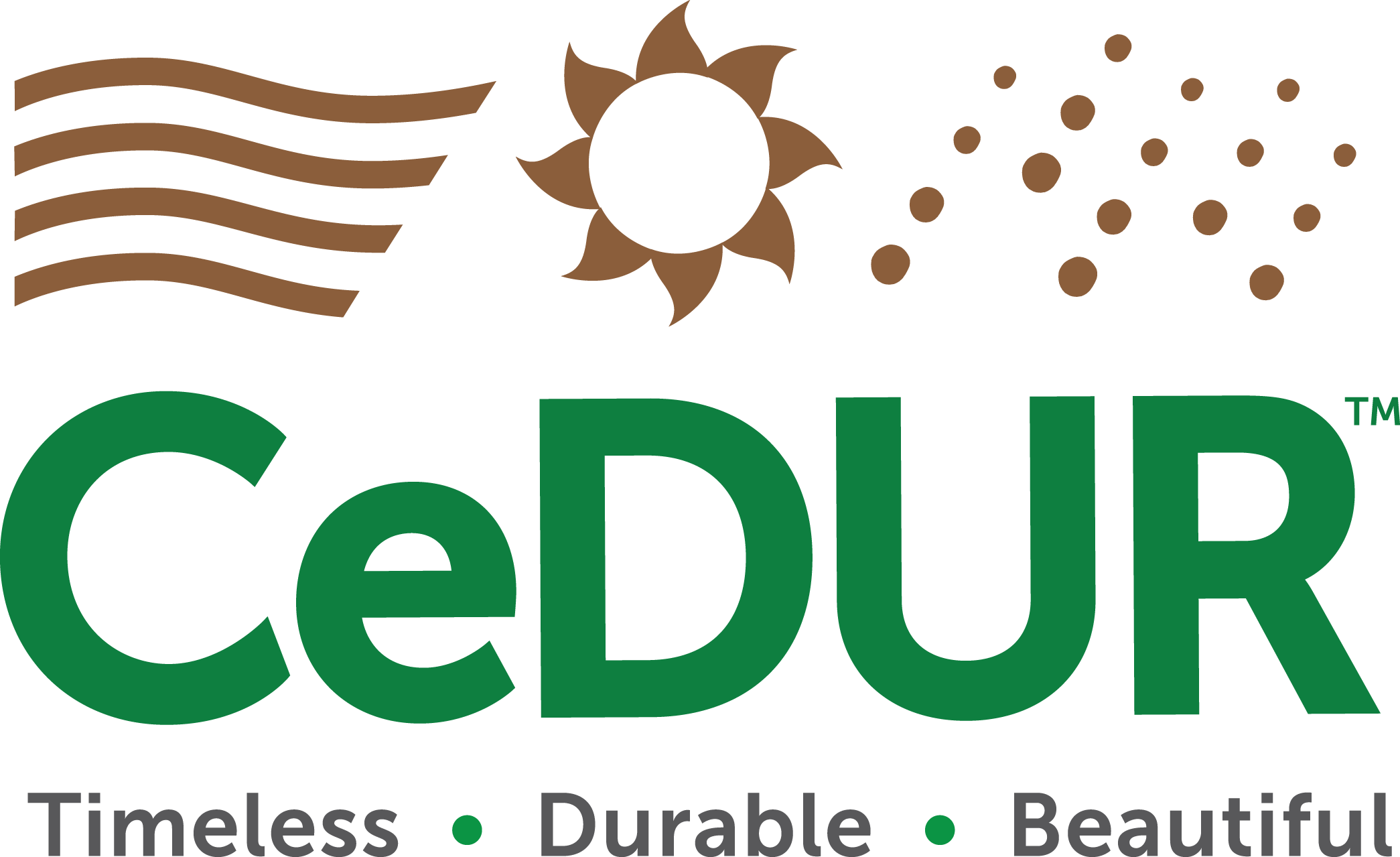How to Get Homeowners Insurance with a Bad Roof
As a homeowner, insurance is one of the most important aspects of having all your bases covered. Accidents and unforeseen circumstances occur on a regular basis in our lives, and insurance is your protection.
There are multiple different types of homeowners insurance and less extensive coverage packages as opposed to more extensive coverage packages.
When assessing how qualified you are to receive coverage for your house from a homeowners insurance company, the health of your home really factors into play. The health of your roof in particular is a big determining factor as to whether a company will decide to insure you or not.
However, even with a bad roof, you can still receive homeowners insurance, it just might come at a higher price. Regardless, you need homeowners insurance if you don’t want to be left behind should a costly damaging event occur.
Let’s take a look at how you can get homeowners insurance on an old roof.
Assessing Your Potential to Qualify for Insurance
If you think you can’t get homeowners insurance because of your roof, think again. You absolutely can!
Here are some things to consider:
Insurance Premiums
When you’re trying to get homeowners insurance for a bad roof, you most likely will have to pay more on your monthly bill. You’re hoping to find coverage at a higher premium, considering your roof comes with more risk.
This cost will add up over time, and depending on the premium you’re paying—and the condition of the roof—you could end up paying more than what it would cost to purchase a new roof.
Coverage
Another factor to consider for obtaining homeowners insurance with an old roof is that the coverage itself may be less extensive. You may have certain incidents or types of damage excluded from your coverage package since your roof is at a higher perceived risk of these things occurring.
Cash Value
Something to know is that insurance is often provided on a cash value basis. For example, if your home is damaged in a hailstorm, you will be reimbursed for the damage that the hail caused.
Although the evaluation is up to the insurance company, the coverage will likely be much smaller compared to what someone with a brand new roof would receive.
What Factors Into Roof Insurance Coverage?
A few main things factor in when it comes to getting homeowners insurance with an old roof. Here’s what you need to know:
Roof Age
Age is one of them. A roof older than 15 to 20 years will automatically come with a higher premium in most cases. The condition of your roof, however, can offset this.
If the roof itself appears to be in good health—with no signs of wear or tear—you may score a lower premium as a result.
Roof Type
Roof type is another big thing here. Metal roofs are sturdy and long lasting, thus qualifying for lower premiums.
Wooden roofs come with the highest premiums, since they’re most vulnerable to damage, and if you live in an area at high risk of wildfires, companies may refuse to offer you coverage.
Roof Shape
The shape of your roof is another thing that impacts your qualification for coverage. V-shaped roofs and 4-sided roofs are the most common and least expensive roofs to insure, with 4-sided roofs being slightly more expensive because of their higher susceptibility to wind damage. Flat roofs, on the other hand, are the most expensive.
A Cheaper Alternative to a High Roof Insurance Premium
If you want the cheapest, best all-around option for roof health and affordability, you should consider having your roof replaced with a synthetic cedar shake version.
Cedar shake roofs from companies such as CeDUR® Shake are relatively average in cost and as durable as they come—lasting up to 50 years with almost no additional maintenance.
If you want the most cost effective solution for dealing with an old or damaged roof, don’t bother paying through the nose for insurance coverage when you could make a smaller investment that would last you even longer. The best part?
You don’t have to worry about getting your homeowners insurance canceled because of roof materials.
Contact us today to learn more!



